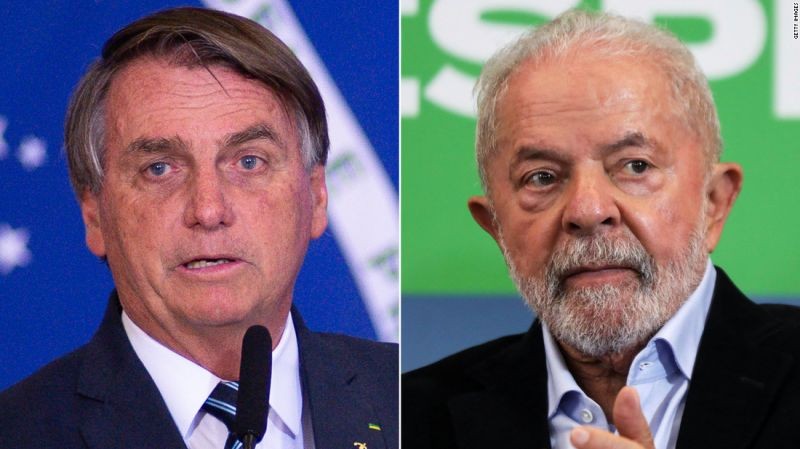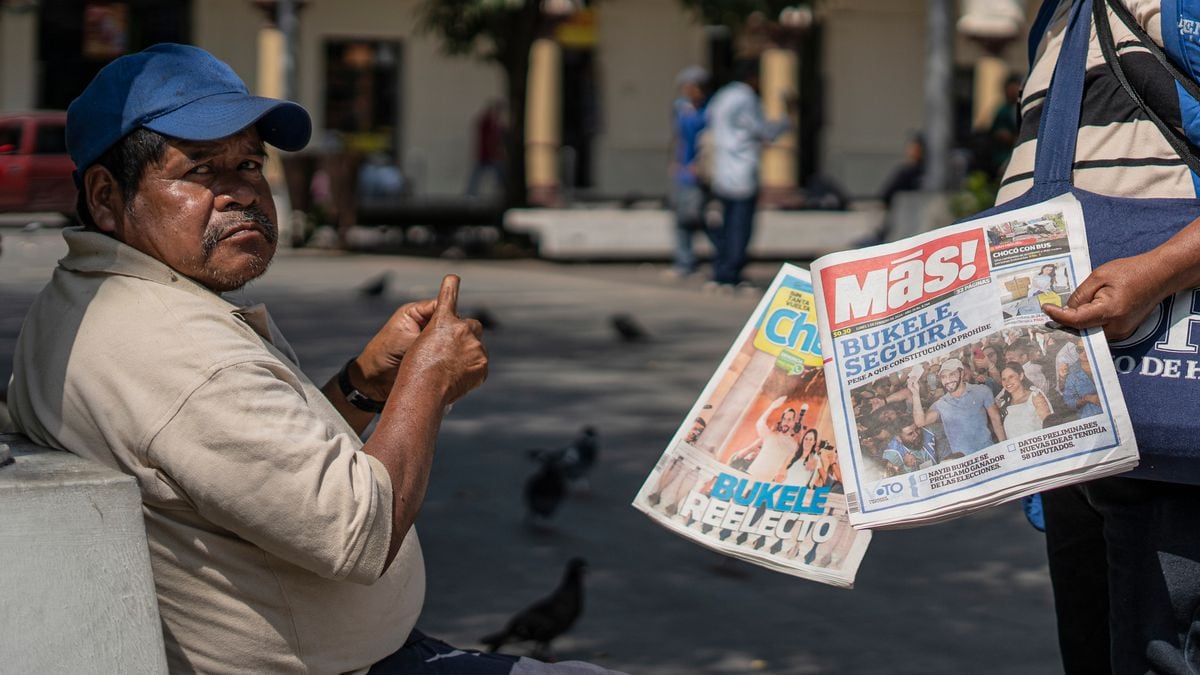Editor's note:
Jorge G. Castañeda is a CNN contributor.
He was Secretary of Foreign Affairs of Mexico from 2000 to 2003. He is currently a professor at New York University and his most recent book, “America Through Foreign Eyes,” was published by Oxford University Press in 2020. The views expressed in this comment They are solely the author's.
You can find more opinion pieces at CNNe.com/opinion.
(CNN Spanish) --
The results of the first round of the Brazilian elections show several lessons for the country and for all of Latin America that are worth assimilating.
They are of various kinds, but I would like to focus on three of them: for pollsters throughout the region;
for Lula, his party and his electoral coalition;
and for the Latin American left.
For the second time in a few months, the polls underestimated the conservative and right-wing electorate in Latin America.
This was the case in Chile, in light of the much higher proportion than the polls predicted, in the referendum on the new Constitution, at the beginning of September.
And now, clearly, the polls in Brazil were wrong in their predictions about the vote in favor of Jair Bolsonaro.
Some pollsters that gave him 48% were correct in their estimate of Lula's percentage, but there were others that gave Lula the victory in the first round and failed.
But in the case of Bolsonaro, most polls predicted between 35 and 40% of the vote, and he finished with 43%, a difference of eight points.
This also happened with the governments of several states, including Rio de Janeiro.
The most likely explanation in both cases – Chile and Brazil – is something that had already been seen in the United States and in some European countries, namely: right-wing or far-right voters are reluctant to confess their true intention to vote to the pollster. .
It seems that they are embarrassed to reveal to you, over the phone or in person, that they plan to vote for someone who is labeled a fascist, right-wing extremist, racist, etc.
In a word, they lie.
This syndrome, which in the United States is a theory called the Bradley effect, was born with the California gubernatorial election in 1982. In these elections, the outgoing mayor of Los Angeles, Tom Bradley -of black race-, was ahead in all polls.
He lost to his Republican rival.
The explanation found by the pollsters, all of whom had predicted Bradley's victory, is that a large number of white voters, more on the center right, did not want to admit that they would never vote for a black.
That is, they refused to accept his unconscious bias or his racism.
The lesson for Lula and his alliance is that, in addition to the weakness that they will surely suffer in both chambers of Congress, where Bolsonaro's supporters reached better figures than expected, the country is much more divided than previously thought.
If one looks at the disastrous results of Bolsonaro's management, in economic matters, in managing the pandemic, in defending the environment, in the ridiculous international role of the current president, one could have expected a much more resounding rejection from the electorate.
It was not the case.
The people obviously voted, in part, against Lula;
partly because of Bolsonaro's conservatism;
but he did not abandon him because of his dismal performance as president.
He got almost two million votes more than in 2018.
This means that Lula, heading into the second round, has everything but a mandate for his program, whatever it actually is.
Cleverly, the former president from the Workers' Party said little about what he planned to do, and much about what he had done during his eight years as president.
But now, of necessity, he will have to moderate his social, environmental, security and international ambitions, given the strength that has consolidated the Brazilian right.
Lula is a pragmatic and intelligent politician, and surely he will know how to align himself with reality.
But his coalition includes a left wing that will not welcome any shift by him to the center beyond what he already did before the election.
The lesson for the Latin American left is that, despite the pandemic, the economic contraction of 2020, inequality and the mediocrity of the welfare states in Latin America, the terrible management of the right in many of these countries , the voters of the region are not willing to give their rulers a transforming mandate.
They want alternation, they want change, they want an ambitious, bold and effective social policy, but they are not looking for a revolution.
Unfortunately, the Latin American right exists.
Or, in any case, the revolutionary left does not exist.
The results of Brazil and Chile confirm this.
It will be necessary to see in more detail in the coming days and weeks why Brazilians voted as they did, what the precise profile of the Bolsonaro voter and the Lula voter is, both in regional and ethnic terms, in terms of gender, religion, age and political leaning.
But, for now, those three preliminary lessons seem to be deduced from Sunday's elections.


/cloudfront-eu-central-1.images.arcpublishing.com/prisa/NZ3KWMFSD5GELFE3GLHUROE4FE.jpg)



/cloudfront-eu-central-1.images.arcpublishing.com/prisa/FKMVIPMZEFFIDGMU5MJJ4OHT5M.JPG)


/cloudfront-eu-central-1.images.arcpublishing.com/prisa/BBJE3CUDOBH7REFFA5D6T47C2U.jpg)